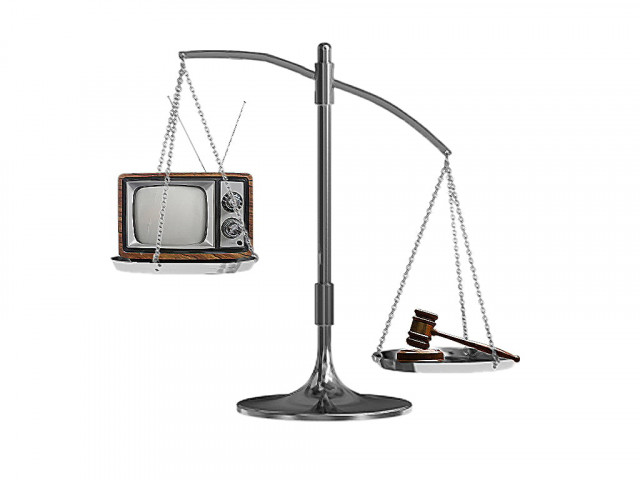The fourth estate: ‘What we’re talking about today was discussed in Europe after WWII’
Journalists, writers, discuss recommendations made by SC’s media commission.

The major players, such as journalists, activists, ministers sometime forget what role the media can play in developing a nation, committee pondered. DESIGN: SUNARA NIZAMI
The media is a powerful tool. In a democratic country such as Pakistan, it is considered to be the fourth branch of the government — the fourth estate.
One of its main objectives is to reflect what is going on in society and sometimes, the major players, such as journalists, activists, ministers forget what role the media can play in developing a nation.
This was discussed on Tuesday at the book launch of a report on recommendations made by the media commission appointed by the Supreme Court (SC).
“What we are talking about in Pakistan today was discussed in Europe right after World War II,” said Dr Seemi Naghmana Tahir from the Federal Urdu University’s mass communication department. While sharing her eight-year experience as a member of the Pakistan Electronic Media Regulatory Authority (Pemra), she said that the same issues were being discussed by the academia but those who work in the field feel that academics are biased.
A little about the report
On April 16, the Standing Committee of Information, Broadcasting and Heritage unanimously agreed to the proposals made by the commission at a meeting in Islamabad. Former senator Javed Jabbar, who is a member of the commission, read them aloud and explained some of the recommendations.
As a review of the existing 64 laws on media is critical, Jabbar said, the committee will appoint a taskforce which will examine the media laws and propose amendments where required. One of the recommendations made by the commission was about changing the name of the ministry. “The existence of the Ministry of Information is important,” read Jabbar. “However, its restructuring is critical. The ministry can be merged due to new areas of convergence and a new name for the ministry could be Ministry for Pubic Information, Media and National Heritage.”
It was also recommended that Pemra should be autonomous and accountable to the parliament and not to the executive. It was suggested that a new integrated regulatory body formed by merging Pemra, Pakistan Telecommunication Authority, cinemas, etc, should be created along the lines of the UK’s Office of Communication. Jabbar said that the policy should include and ensure a minimum time slot for local content on TV and radio, adding that Indian shows were given more time these days.
While talking about TV licences, Jabbar said that none of the religious TV channels had one. He added that a high dependence on advertising was unhealthy for the industry and Pemra should facilitate and prepare a new revenue model for TV channels to reduce their dependence on advertising. Regional channels, he said, did not generate revenue through advertising but depended on their viewership.
The chairperson of the Pakistan Advertising Society, Shabeeh A Ikram, journalists Owais Tohid and Owais Aslam Ali, writer Afia Salam, Karachi University’s Dr Tahir Masud and chairperson of the Human Rights Commission of Pakistan Zohra Yusuf also spoke at the event. They shared opinions about the recommendations, the role of media and the ongoing crisis between the institutions and media groups.
Published in The Express Tribune, May 1st, 2014.



















COMMENTS
Comments are moderated and generally will be posted if they are on-topic and not abusive.
For more information, please see our Comments FAQ